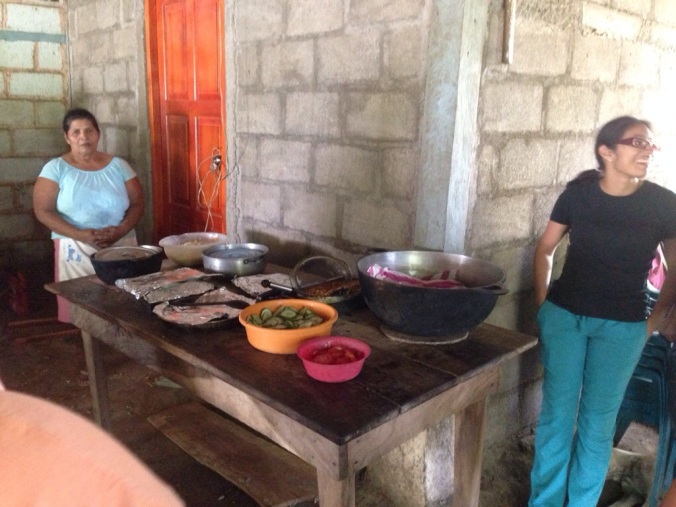 This week I’ve been in Sedona, Arizona on a mini retreat with a group of clergy gals who have become a covenant group of sorts. We get together each month via video chat to check in with one another, and a couple times each year we get together in person at various locations around the country. It’s a life-giving arrangement.
This week I’ve been in Sedona, Arizona on a mini retreat with a group of clergy gals who have become a covenant group of sorts. We get together each month via video chat to check in with one another, and a couple times each year we get together in person at various locations around the country. It’s a life-giving arrangement.
Most all of our in-person gatherings center on locales that, while geographically diverse, share a crucial quality: they have wine. Good wine. By day we visit wineries for tasting flights, and our evenings are spent in conversation on breezy patios and porches with glasses of tasty reds and whites (though never Chardonnay).
For all the good wine and good conversation, there are also the tough spots. Sacred vulnerability opens doorways into painful stories and difficult questions — and sometimes we stumble upon bad wine.
Tuesday was one of those days. One tasting room in particular was filled with bad wines — wines that tasted of prune juice, that clung to the tongue in a thick coating of sickly sweet residue, tainting the next winery’s offerings with lingering aftertaste. And, along with that spectacularly awful wine, there was the grief.
I’d never been to Sedona prior to this trip, but my parents had. They traveled here with my sister and her boyfriend a few years ago, back before Dad went into the hospital. Back before everything changed.
Since Dad died, I’ve seen him around from time to time. He’s shown up on the deck at the house in Neosho, looking out at the yard for a moment before disappearing. He’s been there on the golf course, shaking his head at someone’s unfortunate slice, and he’s been in the living room at Grandma’s house, hunched over on the couch watching tv while a mess of children blow through the house.
For the most part, seeing him in those places hasn’t fazed me much. They are places he always was, so it feels almost normal to catch glimpses of him there. But this week, in Sedona, I’ve seen him everywhere — and it’s been brutal.
Maybe it has something to do with the desert. The landscape of Arizona feels so much like El Paso, so perhaps I should have expected to be bombarded with memory here. Maybe it is because of the trip they took here, and all the pictures that came out of that vacation. Maybe it’s because of the flood of email advertisements in my inbox with subject lines declaring, “Your dad called — here’s what he wants for Father’s Day.” Whatever the reason, on Tuesday he was nearby all day long. He walked a few tourists ahead as we climbed up to the Chapel on the Rocks, calves and arms as bronze as the surrounding rock formations. He sat in the restaurant, a few tables over, as we ate dinner. No matter where I turned, he was there.
Seeing him like that, ever present in a place I’ve never shared with him, ripped the lid off my grief. And so, like that terrible wine, it’s been there at the back of my throat, clinging and cloying. Unrelenting, it changes the flavor of everything. Perfect sunsets, time spent with soul friends, hours of sleep that should be filled with peace: all carry the flavor of grief.
There’s nothing to be done except to feel it. Perhaps time, like water or the scent of coffee beans, will cleanse my palate so that one day I can taste something else. But for now, this is my truth: I miss him, and instead of getting better it has gotten worse.
Good friends won’t make this grief go away, but I know they are here with me in the midst of this, supporting me so I don’t break under the weight of missing him. And, though they can’t protect me from the pain of loss, they do their best to make sure I don’t drink bad wine. Sometimes that’s enough.



























